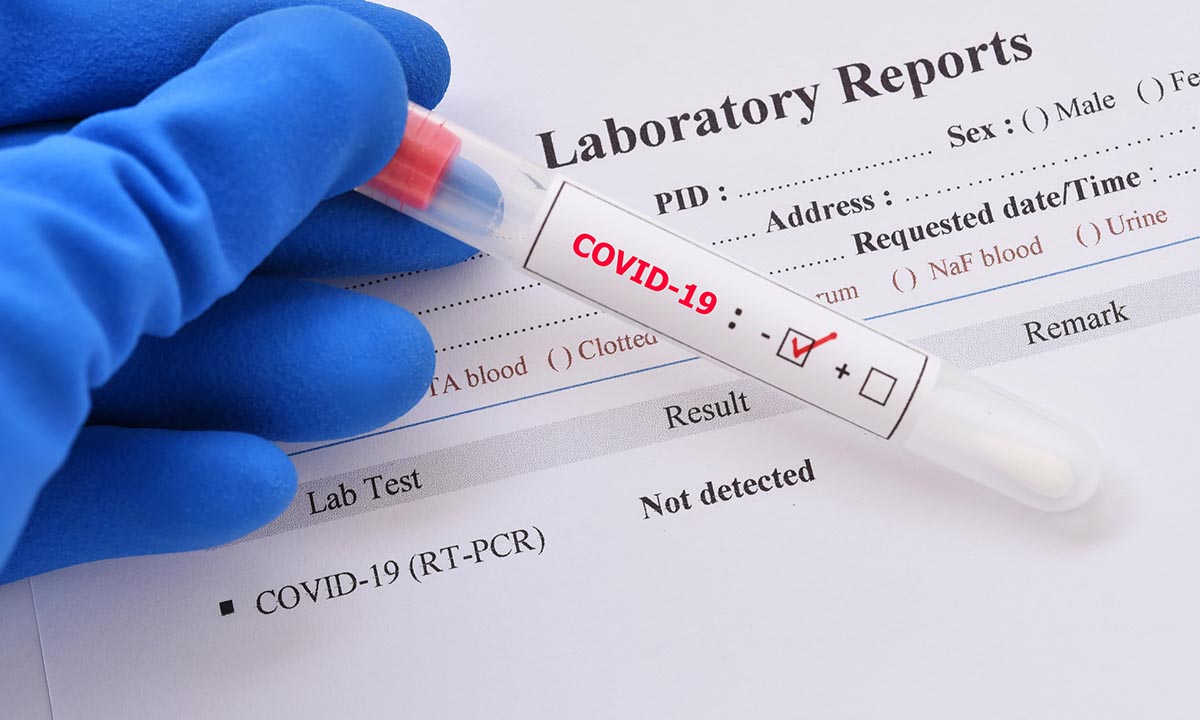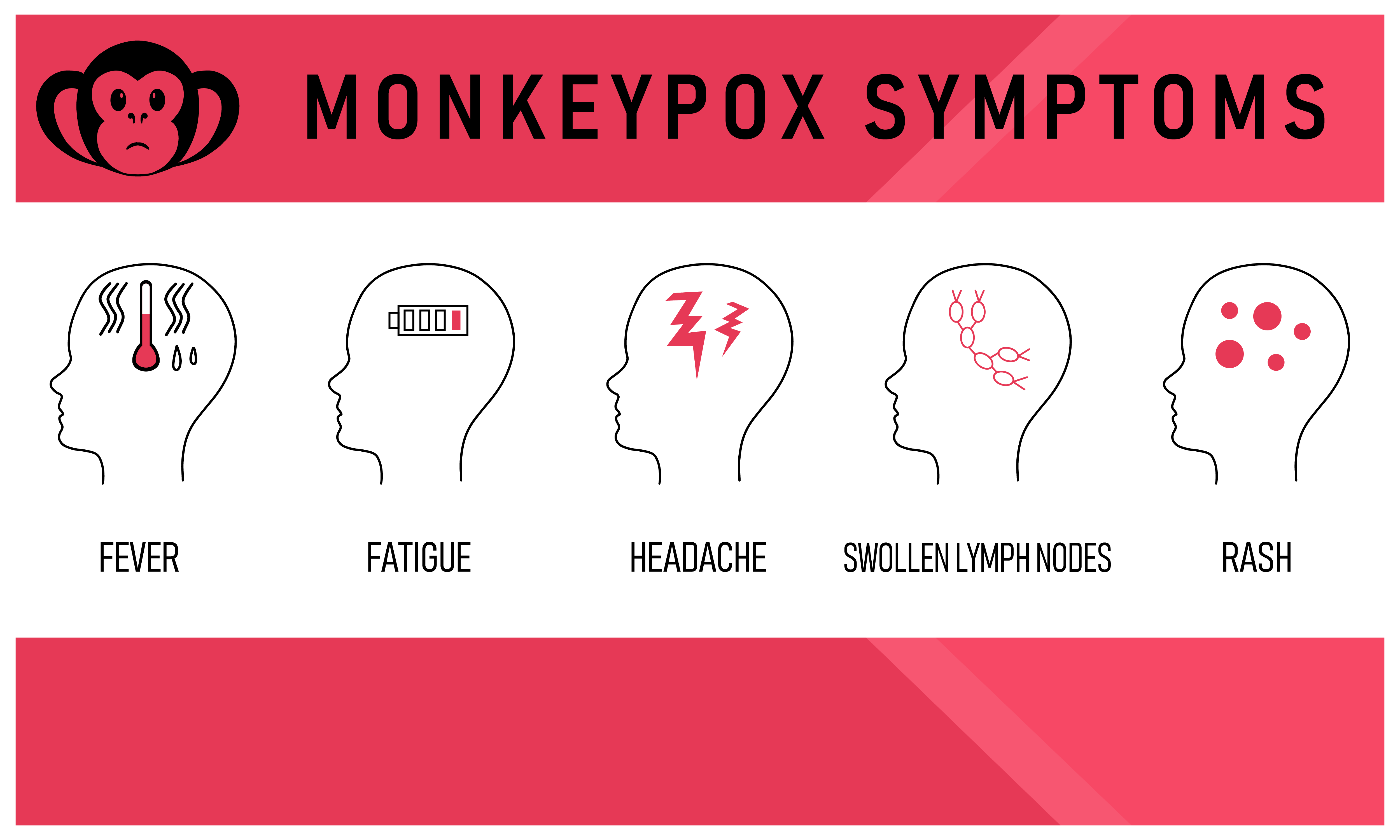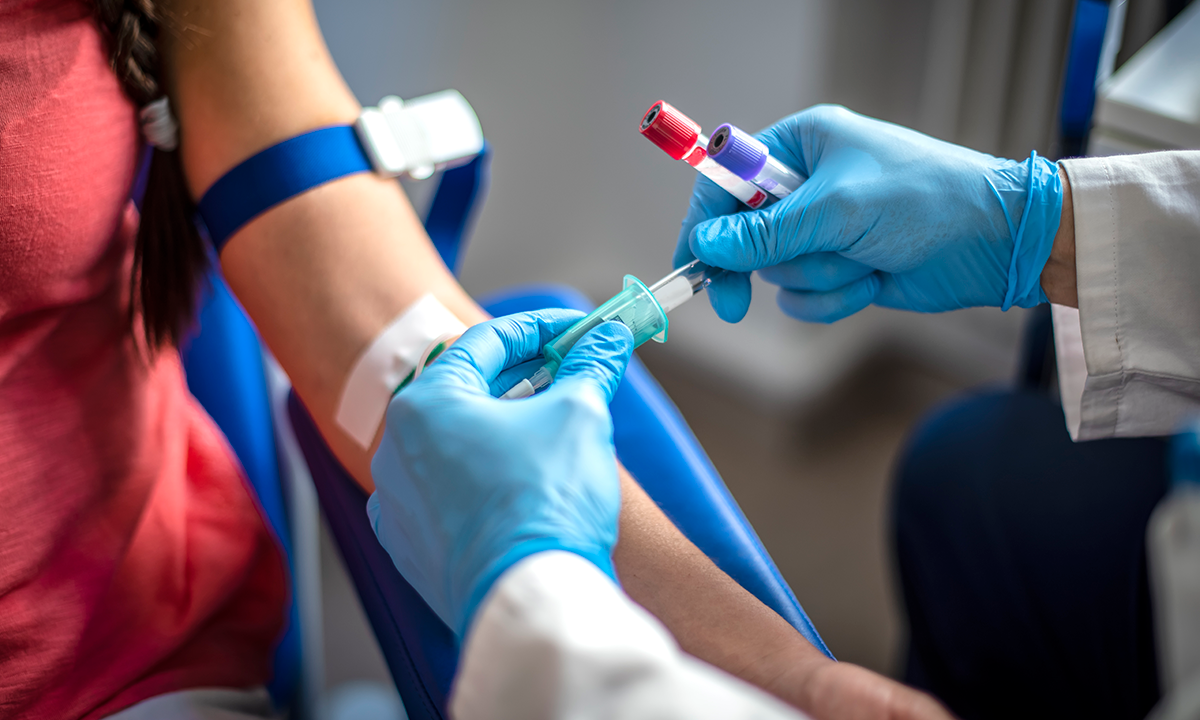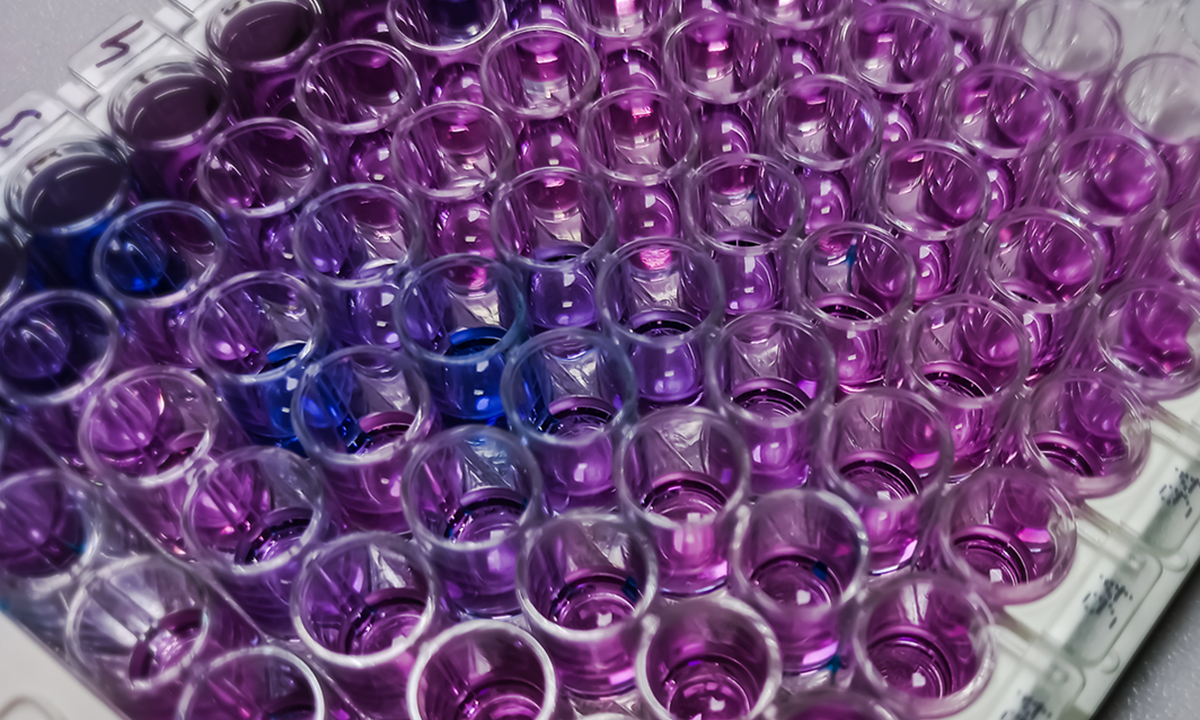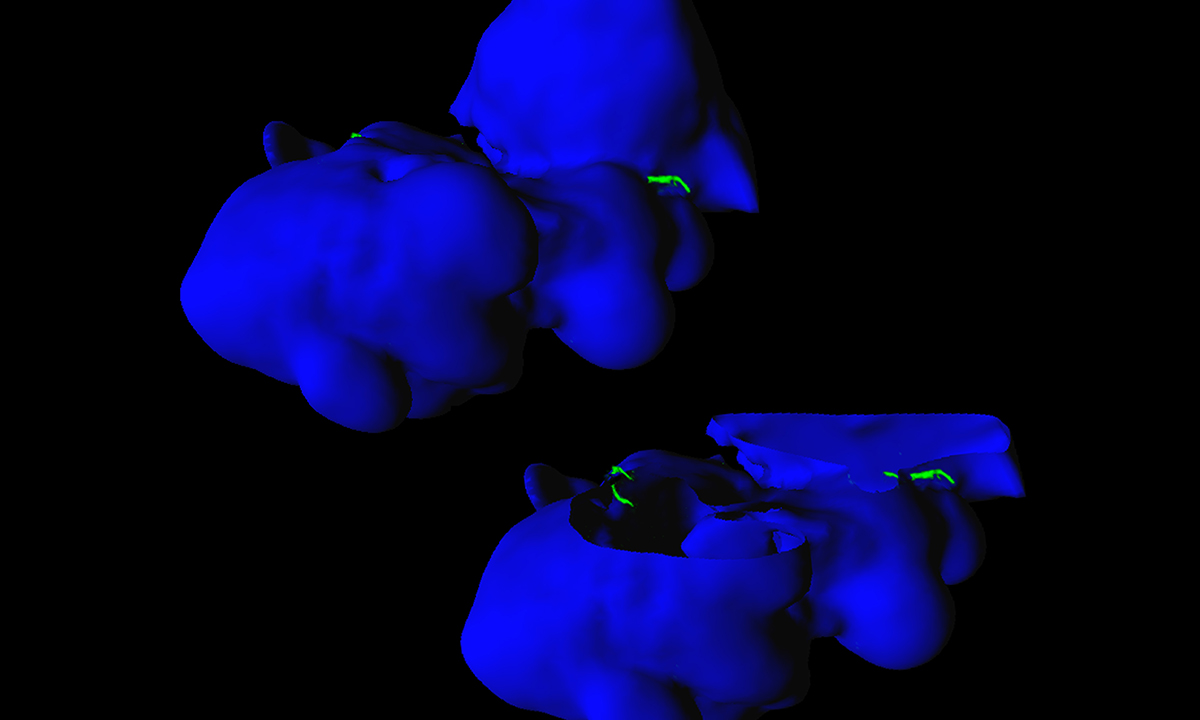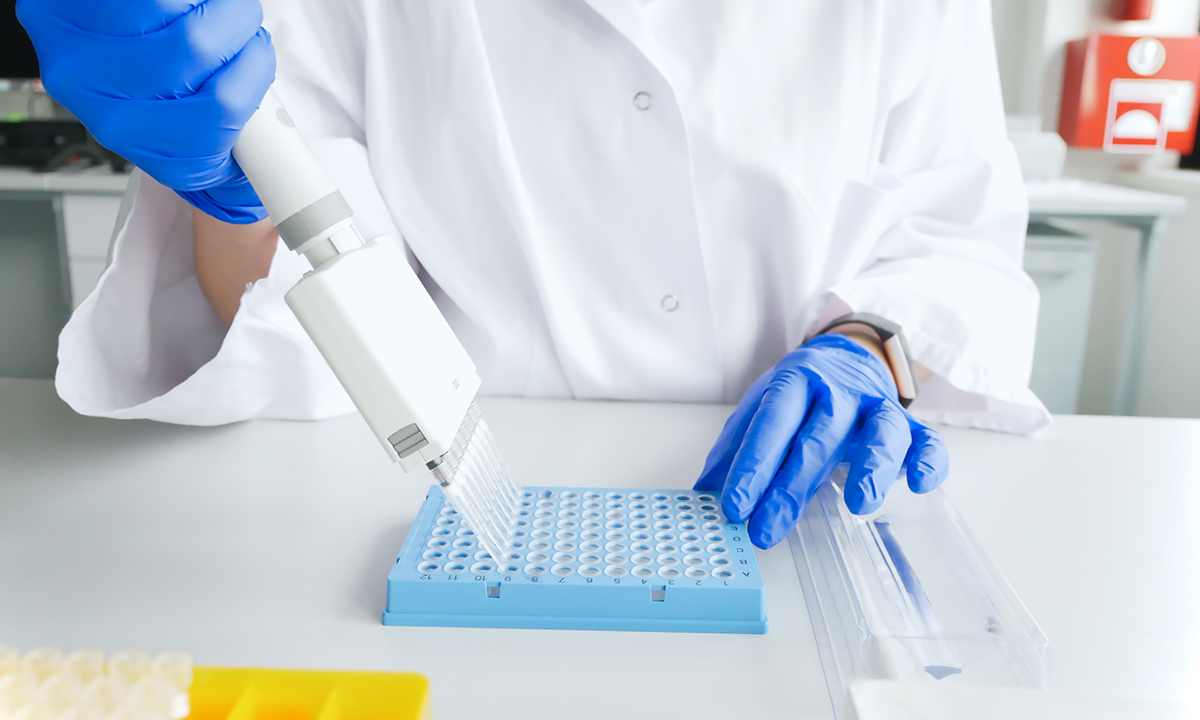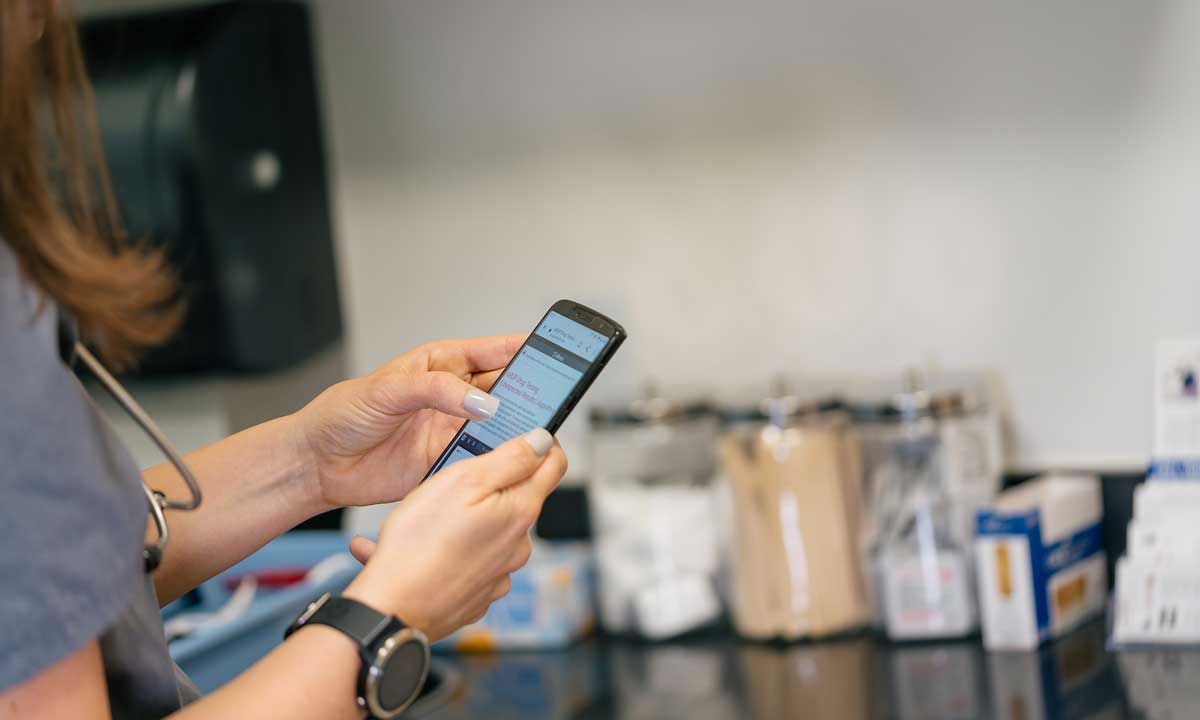ARUP’s Dan Anderson will participate in a SmartBrief webinar on June 16 to share lessons learned from COVID-19 in an effort to help laboratories prepare for future pandemics.
As of May 23, multiple cases of monkeypox, a rare zoonotic infection endemic to Central and West African countries, had either been confirmed or were being investigated in at least six U.S. states.
ARUP Consult has released new and updated resources on testing for viral hepatitis and nephrolithiasis (i.e., kidney stone disease).
ARUP was among a few blood centers that contributed COVID-19 convalescent plasma (CCP) to a national clinical trial that found a >50% reduction in risk of hospitalization with early CCP treatment.
ARUP Consult®, a free source of expert guidance in laboratory testing, has released updated resources on testing for group A Streptococcus, Toxocara, and Echinococcus infections.
Cases of Lyme disease, Rocky Mountain spotted fever, and other tickborne illnesses are rising across the U.S. ARUP Consult’s testing resources can aid clinicians in diagnosing tickborne diseases.
Videos and podcasts produced by ARUP Laboratories about the function of COVID-19 vaccines and the challenges in navigating the pandemic have earned top prizes from the 26th annual Viddy Awards.
ARUP Consult® has released new and updated resources on Prenatal Testing for Chromosomal Abnormalities and Neural Tube Defects, Soft Tissue Sarcomas, and COVID.
Two years into the COVID-19 pandemic, when the highly contagious Omicron variant of SARS-CoV-2 has infected millions in the United States alone, most of us have some immunity against the virus.
ARUP Consult® has released updated resources on Hereditary Thrombophilia, Group B Streptococcal Disease, and Paraneoplastic Neurologic Syndromes (PNSs).
Managing the challenge of a global healthcare crisis such as the COVID-19 pandemic requires collaboration, clear and abundant communication, and planning to allow a healthcare system to adapt.
ARUP Consult® added new resources in September that provide expert guidance on preoperative testing for ovarian cancer biomarkers and testing strategies for malaria.

















